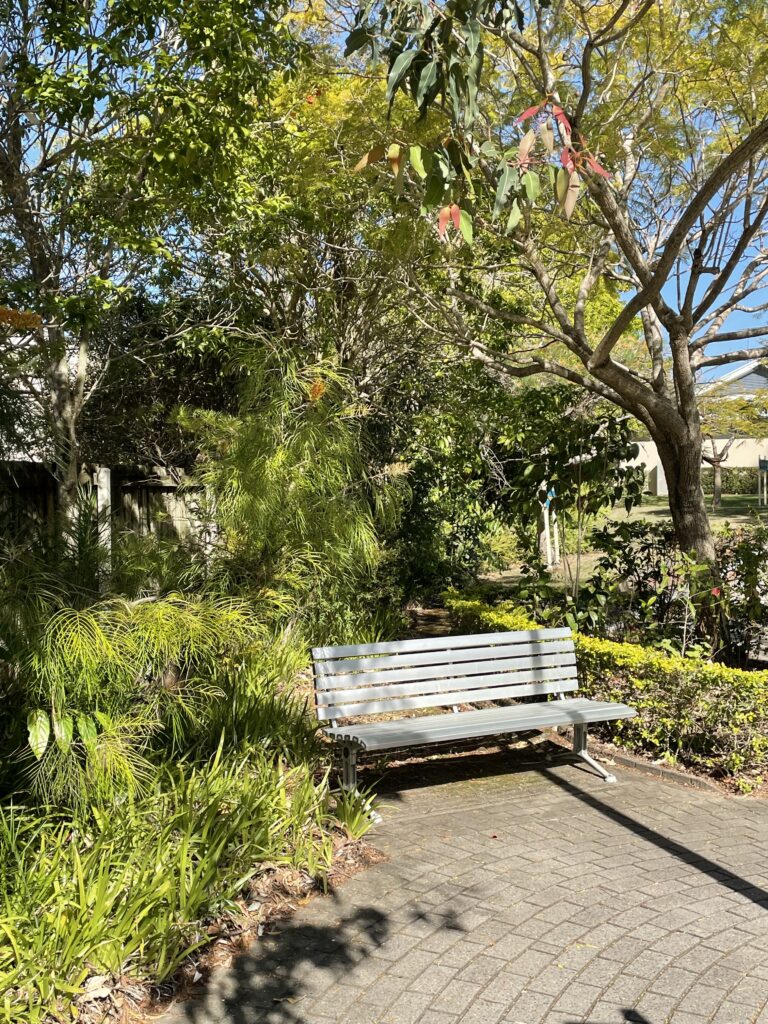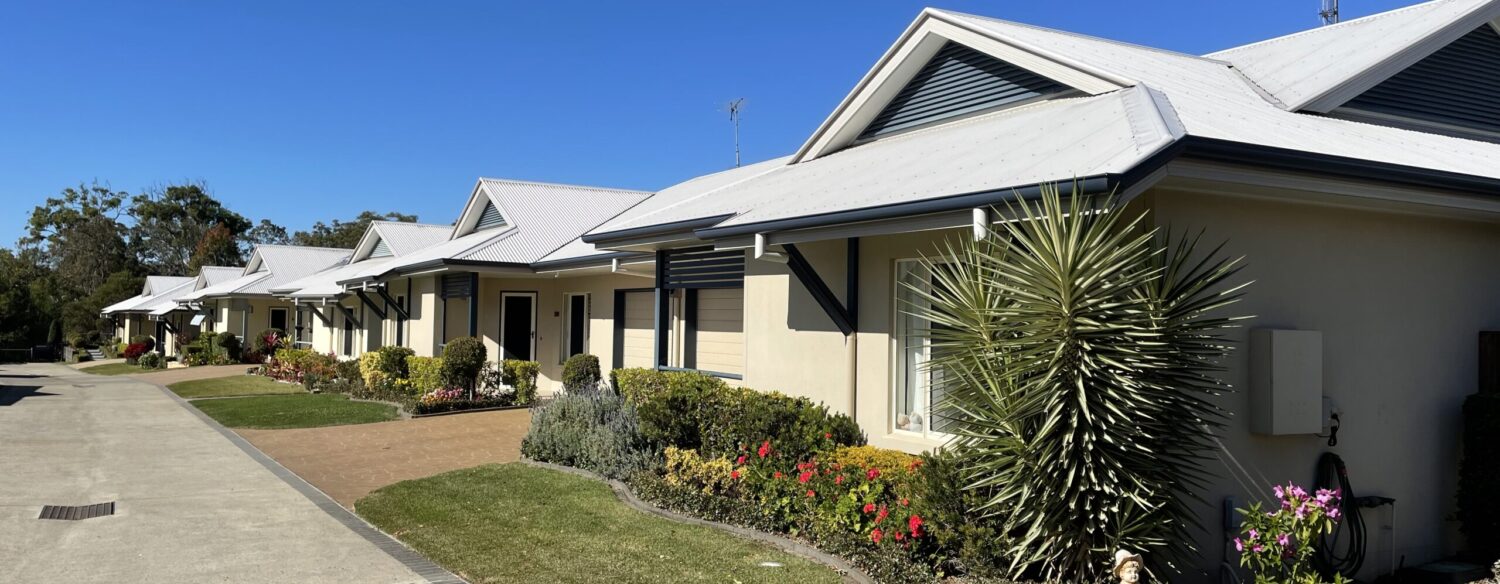The Renaissance Retirement Village offers a quiet and peaceful setting for its residents — an oasis in suburbia. The serenity is ideal for any resident who may wish to take time to reflect and meditate.
Meditating should not be thought of as a special, formal event to be undertaken with great seriousness and solemnity. Rather, it can be thought of as a natural function of everyday life, like eating or breathing. (Chogyam Trungpa and Rigdzin Shikpo)
Meditation Need Not Be Complicated
You need not leave your room. Remain sitting at your table and listen. You need not even listen, simply wait. You need not even wait, just learn to become quiet, and still, and solitary. The world will freely offer itself to you to be unmasked. It has no choice; it will roll in ecstasy at your feet. (Franz Kafka*)
I have often thought of Franz Kafka’s words for times in our lives when we may just long to sit alone and quietly somewhere – and deeply reflect.
Recently, as a warm summer day drew to an end and dusk began to descend, I sat alone in the quietness of our living room.
Sitting in the stillness of the evening, with the clock ticking on the wall, gradually I became aware of my breathing — the natural inflow of the cooler twilight air into my nostrils, and the natural outflow of air.
Some thoughts and reflections of the day now past came floating into my mind — as clouds moving across the sunset sky. I let them pass. I was relishing my quietness and stillness.
So often our minds operate like monkeys going from one branch to another — so, too, our thoughts jump from one idea to another.
It was through being in tune with my natural breathing, that my mind became more peaceful and calmer. Such calm abiding was delightful. Was this the ecstasy that Kafka had written about? Partially, yes.
Thirty minutes quietly elapsed. The calming of the mind, the silence of the room, led me for a moment to contemplate life a little more deeply.
Unexpectedly and without realising it, I knew I had gained some precious glimpses of truth about life. The rising and falling of the breath led to the insight that our lives rise and fall in the same way — generations are born, live and flourish, then decay and die. Nothing is permanent in life — everything changes. May we therefore learn to accept the arising and passing of all things with a sense of equanimity.
Author Jack Kornfield expressed it beautifully this way: “Acknowledge that all created things arise and pass away — pleasant and painful events, people, buildings, animals, nations, even whole civilisations. Let yourself rest in stillness, a calm and steady witness to this great dance of life.” (A Lamp in the Darkness)
I think that Kafka was right – “the world will freely offer itself to you to be unmasked”. As I was sitting in the serenity of the quiet summer evening, the insights I gained had for me unexpectedly unmasked the deeper reality of life in that instant.
We all live in a world of incredible (and often delightful) distractions — with unparalleled opportunities for enjoying our senses of sight, sound, and taste. The media, the entertainment, the personal handheld devices, the foods, the books and magazines, the travel to exotic places.
Yet amidst this cornucopia, Kafka’s words touch a need at the very heart of our spirits — “to become quiet, and still, and solitary”. To come away from our frantic, frenzied, and chaotic environment, and to quietly “remain sitting” for as long as we need to might just bring to our minds all that we were yearning for all along.
I have practised Kafka’s words, and so have many, many others — and the verdict always remains the same: All of a sudden, your inner world “will roll in ecstasy at your feet”.
*Kafka was an influential 20th century German-language writer of novels and short stories who was born and lived in Prague.
Alexander Peck (edited by Eva Peck)

(Sogyal Rinpoche)
